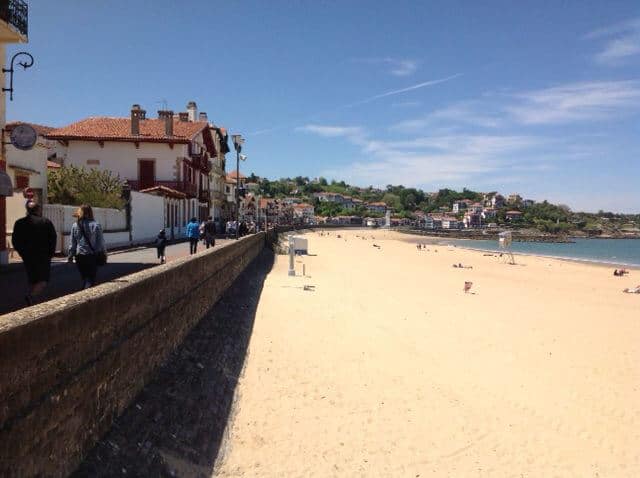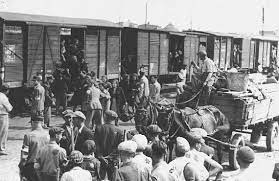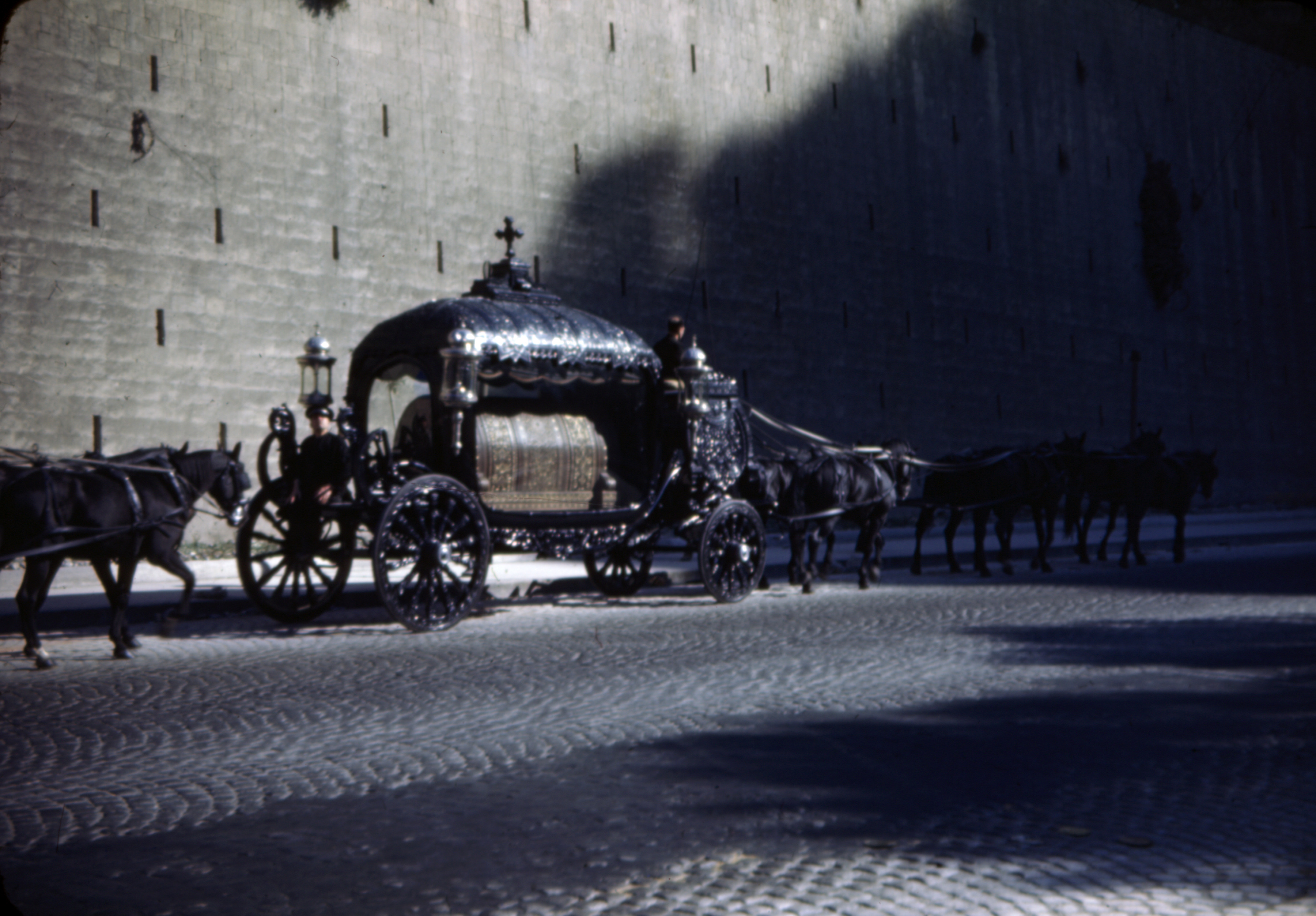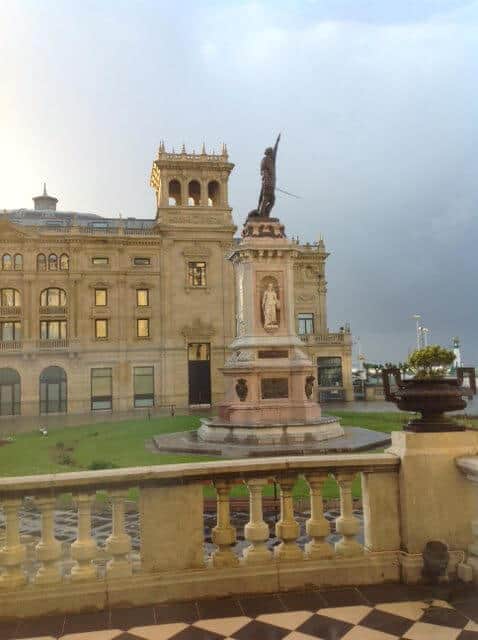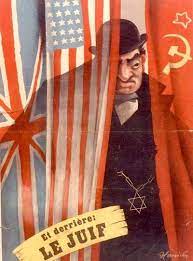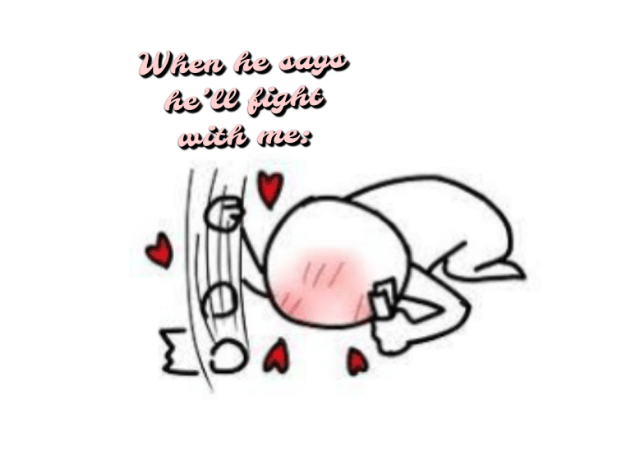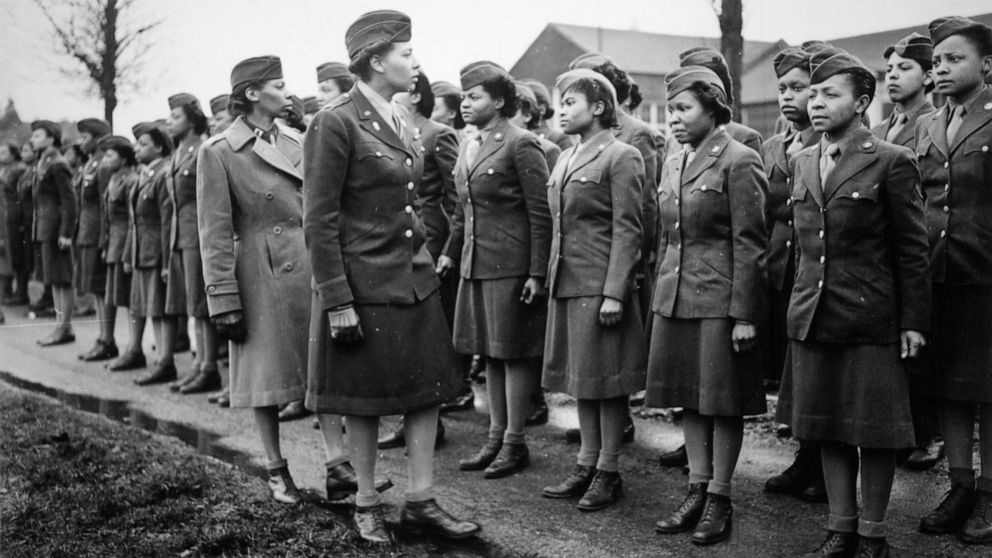I don’t know how to explain the ending. There are happy, positive aspects to it, but overall it was pretty bittersweet.
Before I get to the ending, let’s talk about the beginning of this section. Overall, the war was coming to an end. Vianne was still fighting the war of Von Richter’s assaults and rapings, to which she had become a prisoner. Both Sophie and Vianne would have liked to kill him, but I guess it would have put them in a worse position. Von Richter and the other officers eventually fled Carriveau, but not soon enough. It turns out that he got Vianne pregnant. At that revelation, I was so close to actually throwing my book across the room. I’m not even kidding. She’s wanted more kids, but why did it have to be that evil pig’s? It’s just not fair.
While talking with Sophie, Vianne randomly got up and began walking down the road. And guess who she saw in the distance? None other than her husband, Antoine (who escaped from the war camp). V had previously told her daughter that she’d know if they lost him or Isabelle, so maybe she just knew when he was back. Antoine being back is great and all, but it was also devastating to see the distance and grief that had wound itself between their relationship. They had both been changed by their experiences during the war and had become strangers to one another. After Vianne told him about the baby (not whose it really was) he told her, “It’s not forgetting we need, Vianne… It’s remembering” (Hannah 510). He’s completely right. They don’t necessarily have to forget about all they endured, but they do need to remember all the positive aspects of it and of the life they had before the war.
Vianne never explicitly told Antoine that Julien (named after her and Isabelle’s father) wasn’t his son, but he knew. It was an unspoken understanding. Julien, being born, brought Vianne back to life and reunited their little family. It sounds like in the present day it is now just the two of them. Sophie died of cancer fifteen years later, and I’m not completely sure about Antoine.
Isabelle had traveled through harsh winter weather to go to different concentration camps a few different times. She even briefly saw her old friend, Anouk, but it killed her to say yet another goodbye. Seeing Anouk reminded her that she was more than just “F-5491”, she had also been the Nightingale, Juliette, and Isabelle (she’s lived so many lives in such a short time). Hannah describes the horrible conditions of the camps and how the Nazis and SS treated the political prisoners. It’s crazy to think about how many aspects of World War II Hannah has described (women’s resistance, a little guerilla warfare, billeting officers, concentration camps, etc.).
Isabelle was progressively getting more and more sick, yet she was still able to fight back by helping and encouraging her fellow prisoners to stay strong. Throughout it all, Micheline stayed by her side and they survived the war together (they “made it”). They had finally seen the light at the end of the tunnel, and it felt like a weight had been lifted off my own chest when they both survived.
Vianne was driving herself crazy, worrying about finding Rachel and Isabelle. She even showed people pictures of them and had a Red Cross worker check the list of the deceased. It turned out that Rachel and her husband Marc had both died (therefore Ari/Daniel has no “real” parents). That was really sad, but I kind of predicted it would happen.
Vianne ended up saving 19 Jewish children and was helping the Red Cross reunite them with whatever family they had left. Throughout the war, Vianne had made herself a heroine.
Another quote I love is, “But love has to be stronger than hate, or there is no future for us” (Hannah 526). I feel like this point has been proven a lot over the course of the book. I mean, the basis of the war was made upon hate. Hate fueled the war, but the future can change when you can look at life through a positive lens. Love is the future, and it’s the best thing to fight for.
After an ordinary, normal family activity, the OSE came to bring Daniel/Ari back to his family in the States. It killed me to read this section (I may have shed a tear or two) because he had really become a part of their family. I’m happy he gets to grow up with a true, blood family, but if this book has taught me anything, it’s that family isn’t solely based on blood (Isabelle even created her own family of friends). At the same time, it’s heartbreaking because they all loved him as if he was their own. I do understand that he needs to grow up in a Jewish household (he’s a part of the future) but it still hurts.
Side note: When Isabelle was talking about herself in the past tense, I wanted to cry.
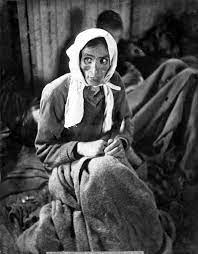
Isabelle made it home to Le Jardin. I loved that Isabelle understood and felt for Vianne’s situation without V having to explicitly state what happened. Despite the wrecked state, Isabelle was in she still had it in her to comfort Vianne by saying, “They couldn’t touch my heart. They couldn’t change who I was inside” (Hannah 544). Both sisters are the same as they’ve always been. They’ve grown up and been hurt on the outside, but both of them are capable of surviving their pasts.
The end of Julien’s letter to his daughters said, “I loved you both will all of my damaged heart” (Hannah 548). That letter may have damaged my heart, just a little. Reading that despite not being fully healed from his trauma, he still loved them as much as he could proves that love lives in everyone (and will never fully leave). I’m happy he got to go back a little to his poetic past and make amends before he passed.
GAETAN CAME BACK FOR ISABELLE!!!! He reassured her that she was just as beautiful as before and she finally felt something. Gaet also finally confessed his love for her and how he had loved her since the first time they met. He waited so long because at the time neither of them knew of the fragility of life or themselves (they were just two crazy young kids wanting to make a difference). Previously, Anouk admired how everyone was fighting for simple, ordinary things like a boy and a girl. It’s safe to say they succeeded. Gaet and Isabelle may be older, but they’re still just a boy and a girl who fell in love during a war. Love, in Isabelle’s mind, was, “the beginning and end of everything, the foundation and the ceiling and the air in between” (Hannah 550). Love is what futures and lives are built upon. Love is everywhere.
I just want to preface this paragraph by saying that I was wrong. The perspectives of an older woman we’ve been getting have not been Isabelle. The older woman is, in fact, Vianne. Hannah fooled me so hard by putting in the little hints of the Juliette name tag and Nightingale card. So, Isabelle actually passed away soon after her return home. She died in Gaet’s arms while looking at her sister. I believe she was probably waiting for Gaet, her one true love, before saying her last goodbye. Isabelle’s last thought was, “Please don’t forget me”. In all honesty, I think it’s impossible for anyone to forget the Nightingale’s impact (I mean, with the help of her father and friends, she saved 117 men on the Nightingale escape route).
I feel like one of the most full circle moments out of the entire book is how Vianne and Isabelle created the bond their mother knew they’d form and the one they always desired to have. They both had always loved each other so much, but it wasn’t until after the war that they were able to truly connect. I just wish that they had more time to explore and savor that bond.
When Vianne and her son Julien went to the event in Paris honoring the Nightingale, Vianne gave a speech about her relationship with Isabelle, Isabelle when she came back after the war, and the impact all the airmen she saved had on her. After the speech, she saw and talked with Gaet. It turns out he named his daughter after Isabelle (I mean; he did confess that he’s loved her all of his life). Isabelle only wanted to be remembered (probably because for so long she felt she was invaluable and easily forgotten), so that minor act would have meant the world.
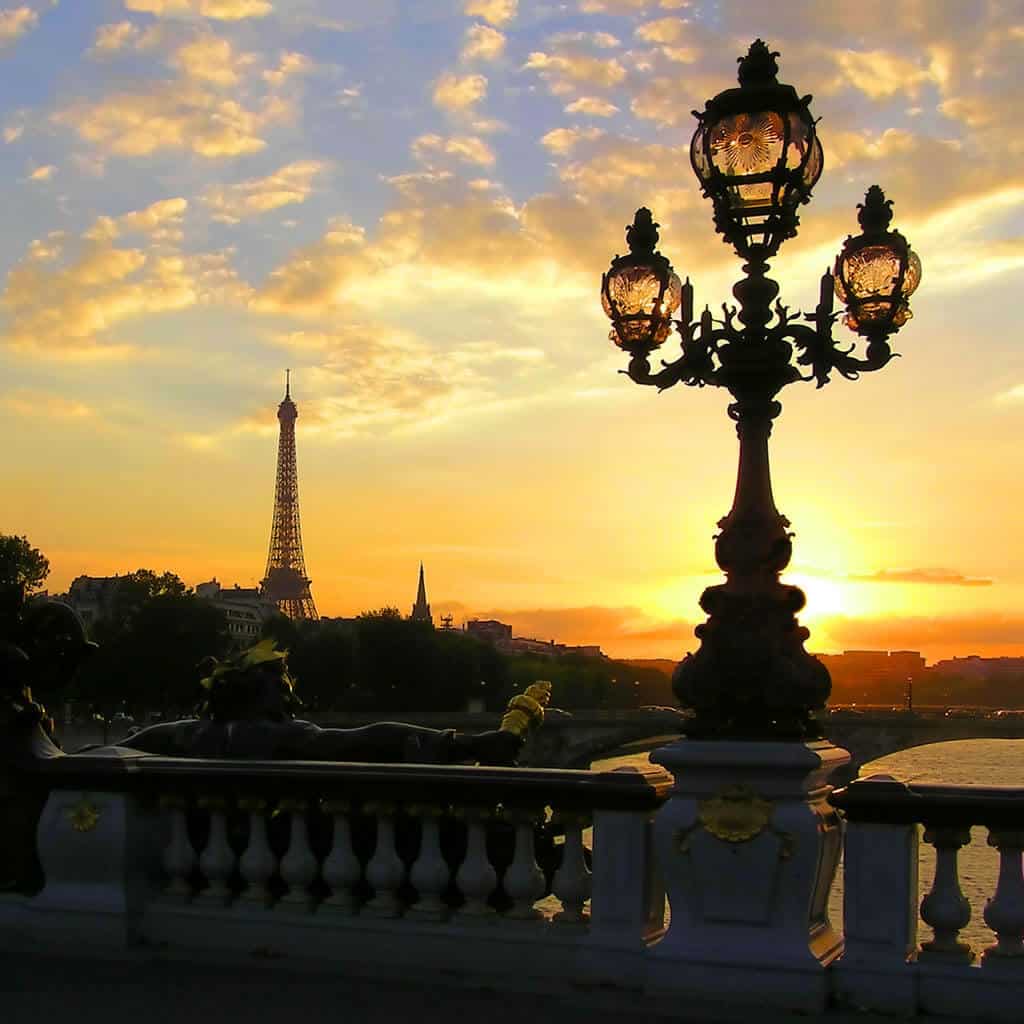
After the ceremony, Vianne reunited with Ari. He never forgot her or Sophie and had been looking for them for years. Vianne realized that her two sons saved her and that her memories do matter (so she’s finally going to tell Julien her story).
I didn’t know what to truly expect going into this book, but it’s safe to say I thoroughly enjoyed reading it. I was able to get a glimpse into World War II and the Holocaust, while also learning of the powerful roles women had during the war. Hannah created such an incredible storyline full of sisterhood, friendship, war, love, and more. Yes, the book is about war, but it’s also about so, so much more. I’d recommend this book to pretty much anyone.
And to think I used to dislike both Isabelle and Vianne, the two Nightingales <3

